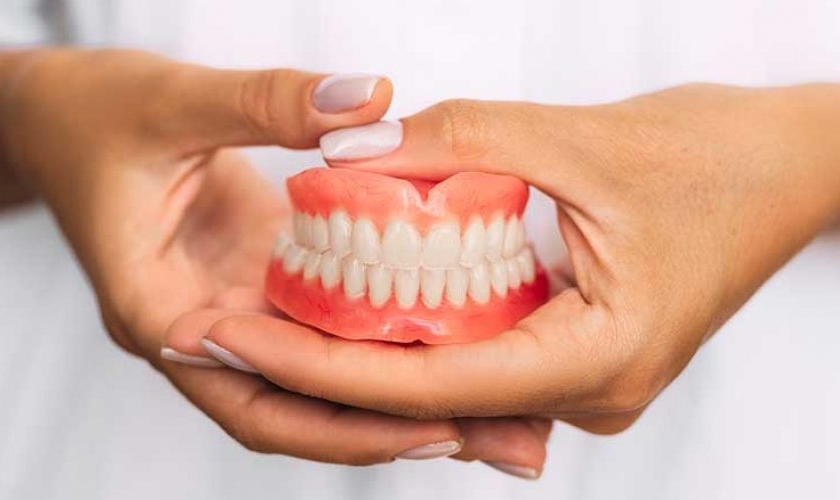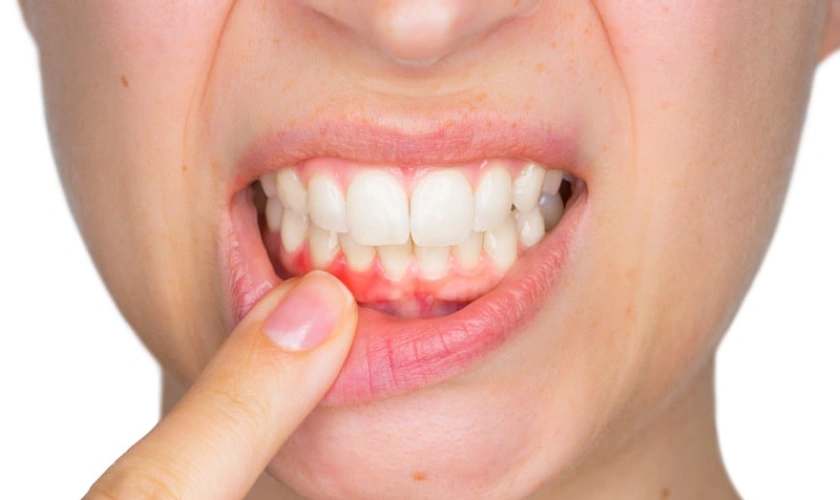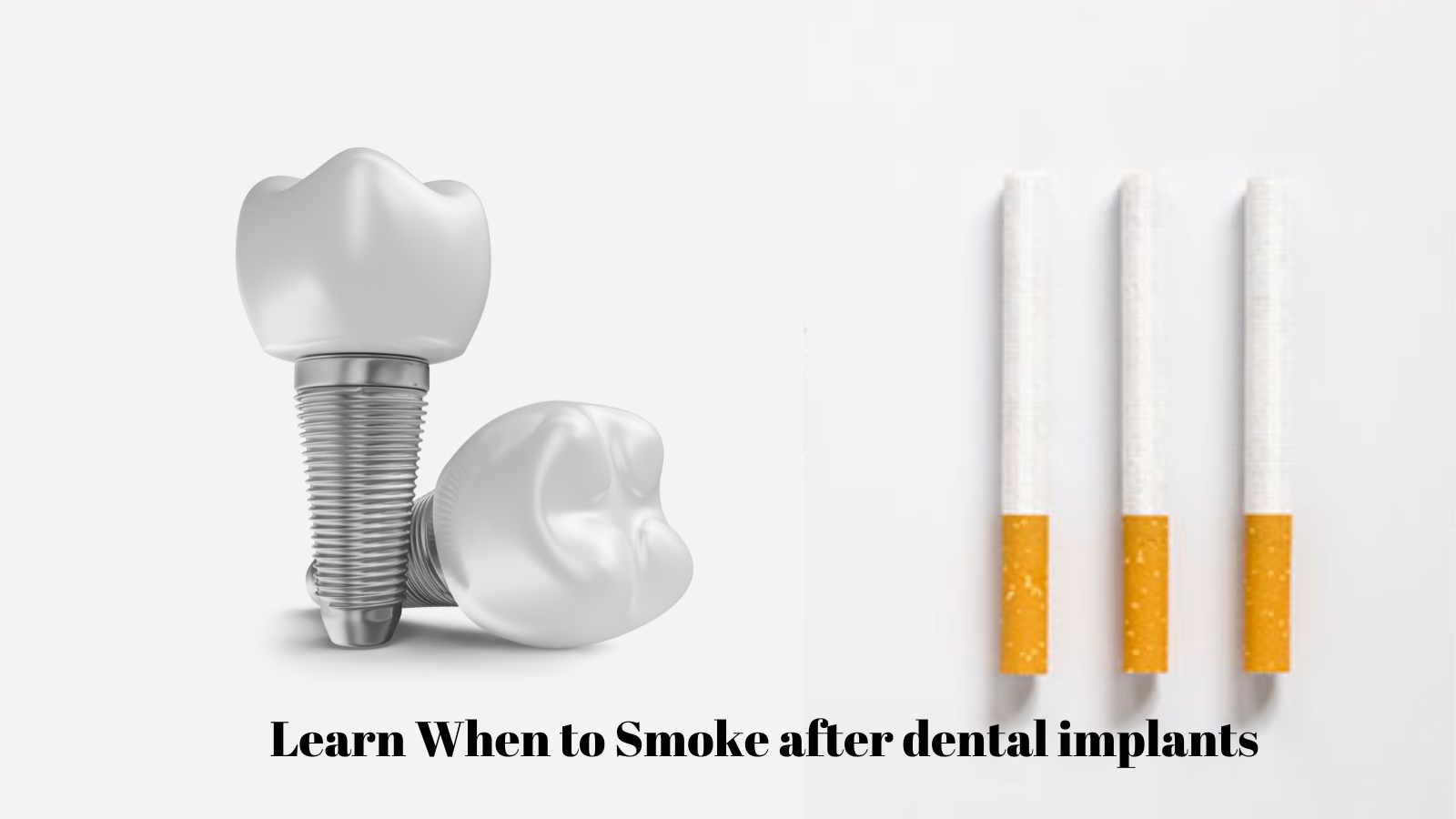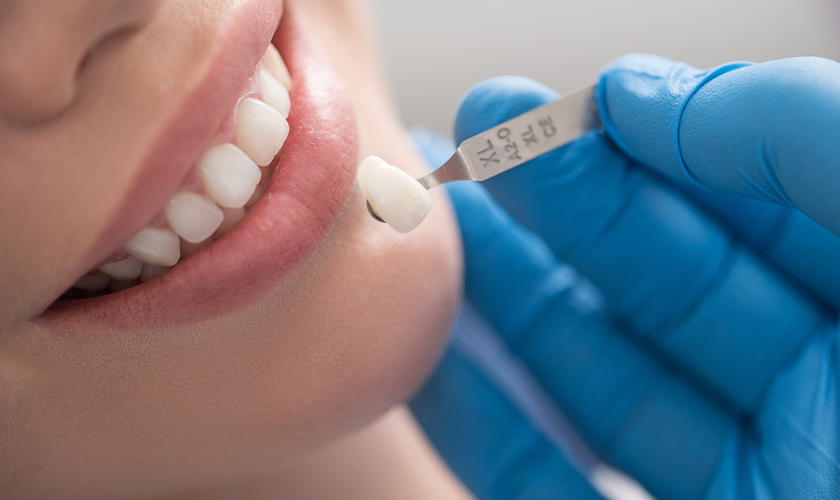
When it comes to dentures, the focus is often on achieving a comfortable and natural-looking fit. However, what many may need to realize is that the foundation for successful denture fitting lies in the health of the underlying jawbone. In this comprehensive blog post, we will delve into the often-overlooked but pivotal role that bone health plays in denture fitting. From understanding the anatomy of the jawbone to exploring the implications of bone loss, we’ll unravel the intricate connection between bone health and the comfort and stability of dentures.
The Anatomy of the Jawbone:
To comprehend the relationship between bone health and denture fitting, it’s essential first to understand the anatomy of the jawbone. The jawbone, or mandible, and the upper jawbone, or maxilla, provide the structural support for our teeth. These bones are not static; they undergo a continuous process of remodeling throughout our lives in response to various stimuli, including the forces exerted during chewing and biting.
Dentures and Bone Resorption:
When natural teeth are lost or extracted, the jawbone undergoes a process known as resorption. This is a natural consequence of the absence of tooth roots, which normally stimulate the bone and maintain its density. Without this stimulation, the body perceives the jawbone as no longer essential for supporting teeth and begins to reabsorb it. Over time, this can lead to a reduction in bone volume and changes in the shape of the jaw.
The Implications for Denture Wearers:
Altered Jaw Shape: As bone resorption occurs, the shape of the jaw changes. This can result in a loss of the natural contours that once supported the teeth. Ill-fitting dentures may exacerbate the problem, causing discomfort and instability.
Decreased Denture Stability: A shrinking jawbone provides a less stable foundation for dentures. This instability can lead to issues such as difficulty chewing and speaking and an increased likelihood of denture slippage or dislodgment.
Facial Aesthetics: Beyond functional concerns, changes in bone structure can affect facial aesthetics. Sunken cheeks and a collapsed appearance around the mouth are common issues for individuals with significant bone loss in the jaw.
Challenges in Denture Retention: Dentures rely on the underlying bone for retention. With bone loss, the ability of the dentures to securely “grip” the jaw is compromised, making it challenging for wearers to maintain confident and worry-free use.
Preserving Bone Health for Optimal Denture Fitting:
Timely Replacement of Missing Teeth: Whenever a tooth is lost or extracted, prompt replacement is crucial to minimize bone resorption. Dental implants, which mimic the function of natural tooth roots, are an excellent option for preventing bone loss.
Implant-Supported Dentures: For individuals already experiencing bone loss, implant-supported dentures can be a transformative solution. Dental implants act as artificial tooth roots, providing stimulation to the jawbone and preventing further resorption. This not only enhances stability but also helps maintain bone density over time.
Regular Denture Check-ups: Even for those without implants, regular check-ups with a dentist are essential. Adjustments to the denture fit can be made to accommodate changes in the jaw structure and ensure ongoing comfort and stability.
Bone Grafting: In cases of significant bone loss, bone grafting procedures may be considered. This involves transplanting bone from another part of the body or using synthetic materials to augment the jawbone, creating a more suitable foundation for dentures.
Proper Denture Care: Maintaining proper denture hygiene is crucial for preventing oral health issues that could contribute to further bone loss. Clean dentures and a healthy oral environment support overall well-being.
The connection between bone health and denture fitting is a critical aspect of oral health that deserves careful consideration. Understanding the impact of bone resorption on denture stability and comfort emphasizes the importance of proactive measures to preserve bone density. Whether through timely tooth replacement, implant-supported solutions, or regular dental check-ups, individuals can take steps to ensure that their dentures not only fit well today but continue to provide reliable performance in the years to come. By recognizing the role of bone health in denture fitting, we empower ourselves to make informed decisions that contribute to a lifetime of comfortable and confident denture use.





